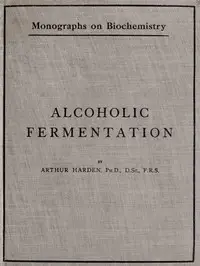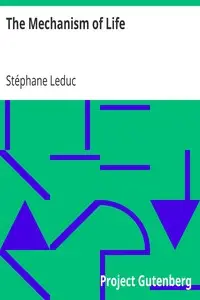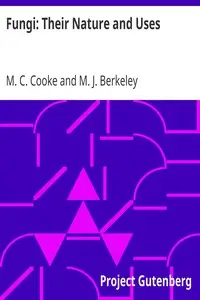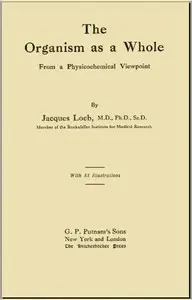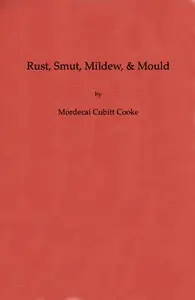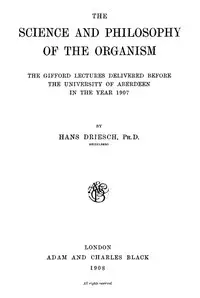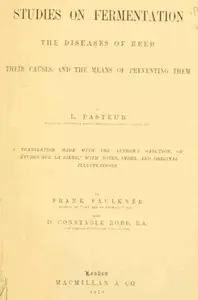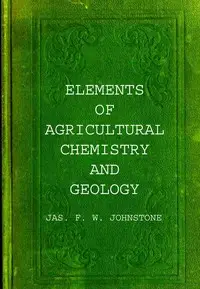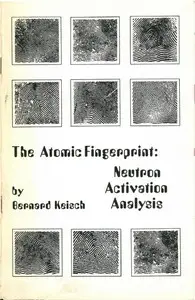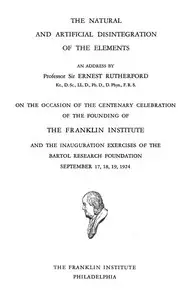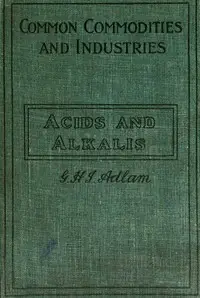"Yeast" by Thomas Henry Huxley is a scientific exploration of the fermentation process and the vital role of yeast. Huxley's work unveils the mysteries of how yeast transforms sugars into alcohol and carbon dioxide, grounding the process in biological and chemical concepts. Beginning with everyday observations, Huxley thoroughly investigates the nature and function of yeast, or "Torula," as he calls it, a type of fungus that actively consumes sugar and produces alcohol and carbon dioxide. He supports his study with experiments that highlight the relationship between yeast and fermentation, examining the resulting gases and organic compounds. He then connects yeast studies to the understanding of disease transmission, drawing parallels between infectious agents and the spores of yeast. Through his analysis, Huxley emphasizes the interconnectedness of biological processes found in all forms of life.
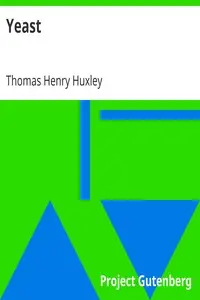
Yeast
By Thomas Henry Huxley
Discover how a common fungus unlocks the secrets of turning sugar into alcohol, shedding light on the very nature of life and disease.
Genres
Released
2001-11-01
Formats
epub
mobi (images)
epub (images)
epub3 (images)
mobi
txt
Free Download
Summary
About the AuthorThomas Henry Huxley was an English biologist and anthropologist who specialized in comparative anatomy. He has become known as "Darwin's Bulldog" for his advocacy of Charles Darwin's theory of evolution.
Thomas Henry Huxley was an English biologist and anthropologist who specialized in comparative anatomy. He has become known as "Darwin's Bulldog" for his advocacy of Charles Darwin's theory of evolution.
Total Reviews
10.0k
Total reviews from Goodreads may change

